
A class action lawsuit claims that Tzumi falsely advertises the amount of power in their PocketJuice device chargers.
The Tzumi PocketJuice power charger class action lawsuit was filed by Sydney Talley and Lori Ervin who say they relied on Tzumi’s representations of their products when they each decided to purchase a PocketJuice Portable Charger in the power amount of 4,000 mAh.
However, this was a misrepresentation, claim Talley and Ervin. They say that the chargers did not possess that much power.
The Tzumi electronics misrepresentation class action lawsuit explains that Ervin and Talley had their PocketJuice power charger products tested independently, a process which discovered that these chargers were incapable of delivering the advertised amount of power based on the nature of their design.
Ervin and Talley allege that the company intentionally falsely advertised their products in an attempt to increase sales. They assert that they were financially injured by this tactic, because had they known that the PocketJuice power chargers that they purchased did not contain the advertised amount of power, they would not have purchased them or would not have paid as much as they did for them.
They seek benefits on behalf of themselves and others, saying that many other customers were similarly financially injured. The plaintiffs also seek an injunction barring Tzumi from continuing to falsely advertise their products, saying that the company cannot be trusted to faithfully represent the PocketJuice power chargers without the court’s intervention.

Ervin and Talley state that the sole reason why consumers purchase power banks is to power their devices.
They stress that power banks like the PocketJuice power chargers “are not fashion items or status symbols” — their value lies just in their ability to charge a device.
Because of this value, consumers are allegedly willing to pay more for chargers that can provide more power, say the consumers. The unit of measurement for power banks is milliampere-hours, or “mAh,” they explain. In summary, the users say that power banks with a higher mAh supposedly deliver more power than those with a lower mAh.
The Tzumi electronics false ad class action lawsuit assert that Tzumi is well aware that consumers are willing to pay more for power banks with a higher mAh than for one with a lower mAh.
According to the customers, the company knowingly inflates the mAh amounts of their power banks to mislead consumers into paying more for a power bank.
The customers explain that the power banks sold by Tzumi are incapable of delivering the amount of power advertised.
They note that the power banks are made of an internal battery cell and a circuit board that controls the technology. The circuit board allegedly converts the internal batteries’ charge a voltage that personal electronic devices can accept.
To make this conversion and distribution of power, the power banks use power from their own batteries. Allegedly, the batteries use as much as 30 to 40 percent of their own power.
According to Ervin and Talley, Tzumi labels its PocketJuice power chargers based on the capacity of the internal battery cells, not on what can be delivered to a device.
Allegedly, the company is aware that reasonable consumes will assume that the mAh amount is based on the power that will be delivered to a device that is being charged, not based on an amount that is inaccessible to users.
Talley and Ervin say that Tzumi violated state consumer protection law in multiple states and breached warranty with their consumers. They also claim that the company was unjustly enriched by the sale of the PocketJuice power chargers.
Have you ever purchased a pocket charger? How did you make your purchasing decision? Share your experiences in the comments below.
Talley and Ervin are represented by D. Greg Blankinship of Finkelstein Blankinship Frei-Pearson & Garber LLP; and by Willam F. Cash III, Matthew D. Shutlz, and Brenton J. Goodman of Levin Papantonio Thomas Mitchell Rafferty & Proctor PA.
The Tzumi PocketJuice Power Charger Class Action Lawsuit is Sydney Talley, et al. v. Tzumi Electronics LLC, Case No. 1:20-cv-04074, in the U.S. District Court for the Southern District of New York.
Read More Lawsuit & Settlement News:
The Children’s Place Class Action Alleges Fake Sale Scheme
Retrial Date Pushed Back in Catholic Church Sex Abuse Scandal Due to Coronavirus
Treasure Island Las Vegas Suing for COVID-19 Business Coverage
Catholic Church Priest Sex Abuse Leads to Buffalo Diocese Bankruptcy
ATTORNEY ADVERTISING
Top Class Actions is a Proud Member of the American Bar Association
LEGAL INFORMATION IS NOT LEGAL ADVICE
Top Class Actions Legal Statement
©2008 – 2025 Top Class Actions® LLC
Various Trademarks held by their respective owners
This website is not intended for viewing or usage by European Union citizens.






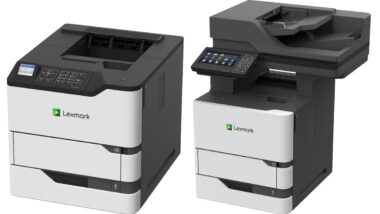
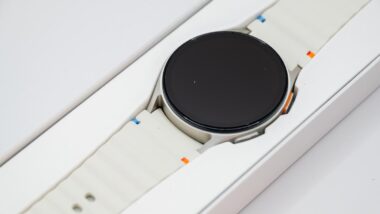
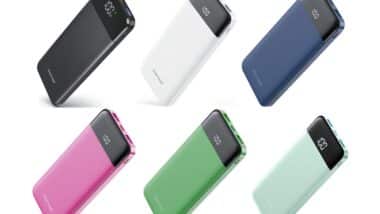
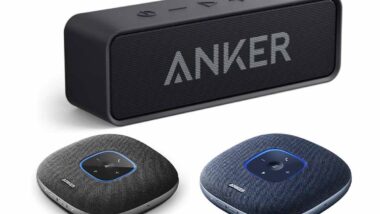




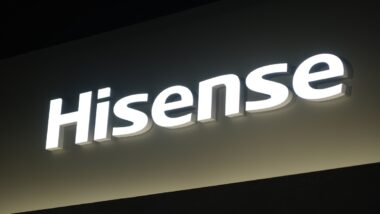
19 thoughts onPocketJuice Class Action Says Power Charger Fell Flat
I bought mine because the box says you can charge it and your devices SIMULTANEOUSLY. When removed from the box not only is this not the case but the device has a sticker that says you can’t do it.
**I’M CONFUSED. DO WE JUST MAKE NOTES IN COMMENTS OR HAVE TO FILL OUT FORMS?** NEW TO THIS SITE, CAN SOMEONE HELP ME OUT? THANKS!
add me in
Add me please. I have a few and was wondering what the problem was.
Add me
Add me, please.
add me
Add me